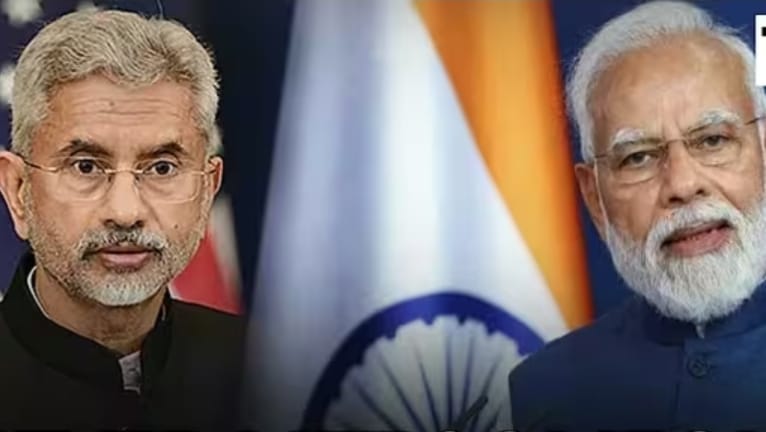NEW DELHI: As the world grapples with escalating geopolitical tensions—ranging from the prolonged Russia-Ukraine war to the fast-spreading Iran-Israel conflict—India’s in foreign policy posture has drawn growing criticism for what some observers call “strategic silence.”
While global powers like the United States, China, the European Union, and Russia have openly taken sides or articulated their interests, India, despite being one of the world’s largest democracies and an emerging global power, has opted largely for abstentions or non-committal statements.
“Former Indian diplomat and renowned West Asia expert Taljeem Ahmed, in a recent interview, emphasized that China and Russia have a critical role to play in ensuring the strategic autonomy of the region. He was, however, sharply critical of Israeli Prime Minister Benjamin Netanyahu for drawing the United States into the conflict and causing the large-scale destruction of Palestinian lives.”
One of India’s top former diplomats, speaking on condition of anonymity, noted, “This is perhaps the first time since Independence that India appears to have no meaningful role to play in the most defining global conflicts of our time. It’s not just silence—it’s absence.”
India abstained from voting on several critical UN resolutions related to both Ukraine and the Middle East. While officials cite the need to preserve strategic autonomy, critics argue this diplomatic balancing act has turned into a passive drift, leaving India with shrinking influence and moral authority on the global stage.
Observers trace this shift to the changing priorities under the current Indian regime. According to veteran foreign policy expert Prof. Anuradha Sen, “What we are witnessing is not mere neutrality, but a calculated withdrawal from India’s historical moral compass in foreign affairs.”
Under Nehruvian principles, India championed anti-colonial struggles, disarmament, and peaceful coexistence. But recent actions suggest a pivot toward transactional diplomacy driven more by short-term interests than long-term global vision.
The ongoing Iran-Israel confrontation, which risks destabilizing the broader Gulf region, poses a particularly sharp dilemma for India. With over 8 million Indian citizens living and working across Gulf countries, any escalation could have severe economic and human consequences. Yet India has issued only generic calls for de-escalation without outlining any concrete diplomatic effort or mediation role—something it once actively pursued during earlier West Asian crises.
Similarly, the Russia-Ukraine war has also exposed India’s foreign policy limits. While India imports discounted Russian oil and maintains defence ties, it has been unable to translate this position into any significant mediatory role or peace initiative.
As one analyst noted, “Even the Global South is now looking at Brazil, South Africa, and even Turkey for moral or diplomatic leadership.”
In essence, India’s silence is not going unnoticed. From abstentions in multilateral forums to a muted diplomatic tone in bilateral engagements, the country appears to be retreating from its historic voice of moral leadership—raising difficult questions about the direction and credibility of its foreign policy at a time when global instability is at its peak.
(Writer is Senior Journalist and Political Commentator)






